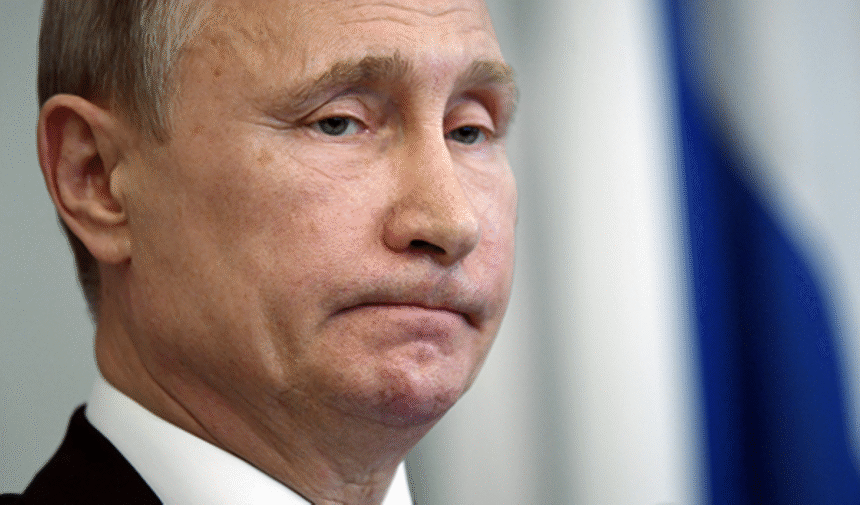Amid the broader instability gripping the Middle East and North Africa, Libya has risen to the top of the agenda in high-level European discussions. Renewed attention, seen at a recent European Union Foreign Affairs Council meeting and a meeting between French President Emmanuel Macron and Italian Prime Minister Giorgia Meloni, is due to Russia’s growing presence in the country.
Russia’s Presence in Libya Poses a Strategic Threat to Europe
Italian Prime Minister Giorgia Meloni recently warned that Russian missiles could soon be deployed in Libya, just a few hundred miles from Europe’s southern shores. This situation, she believes, could turn the country into a new front in Russian President Vladimir Putin’s war against the West.
Since 2020, Russia has been systematically building a network of military facilities across Libya, in what is likely Putin’s most effective foreign influence operation to date. By turning Libya into a forward operating base, Russia has gained a strategic platform to expand its influence in Africa, forge new diplomatic alliances, and control smuggling routes that can be weaponized against Europe.
Russian Influence in Africa and Economic Gains
Intelligence analysts have identified a network of Russian air bases in Libya as a central pillar of the Kremlin’s African campaign. These bases have supported the war in Sudan and helped maintain Russia’s “reign of terror” in the Central African Republic. Russia’s increased military presence in Libya has allowed it to strengthen its influence in the Sahel’s “coup belt”—Niger, Mali, and Burkina Faso—which has catalyzed Europe’s expulsion from the region.
In addition to formal partnerships, Russia has secured economic gains through informal channels. Russian-backed plundering of state resources and smuggling networks benefit the ruling elites, with the Haftar family, the main Russian proxies in Libya, serving as a prime example. In 2022, Russia used Haftar to fragment the Libyan oil industry, orchestrating a oil blockade to raise global prices. The Libyan oil sector has also served as a conduit for smuggling sanctioned Russian oil products into Europe.
Libya as a Hub for “Weaponizing” Migration
Through its alliance with the Haftar family, Russia has established a vast criminal infrastructure rented out to drug and arms dealers, human traffickers, and smugglers. This network has also enabled Russia to weaponize migration against Europe, while simultaneously bolstering Haftar’s legitimacy and sowing political discord across the continent.
In February, members of the Haftar family finalized an agreement with Belarus to develop the port of Tobruk, effectively giving Russia control over a new Mediterranean port. European governments must act quickly, and options include sanctioning Russian smugglers, targeting shell companies, and supporting prosecutions through the International Criminal Court. Most importantly, Europe must finally deliver on its promises to facilitate a democratic transition in Libya.







